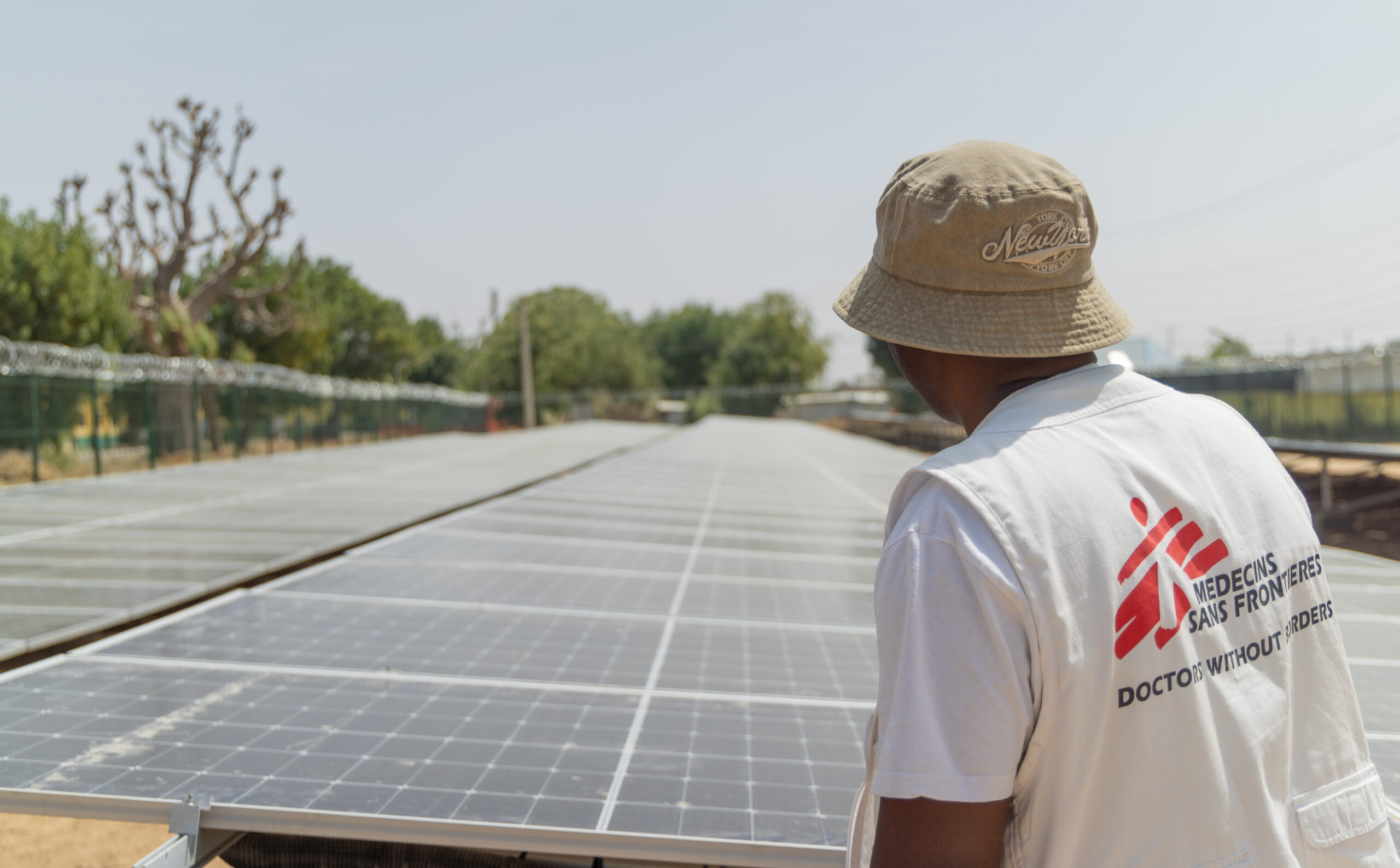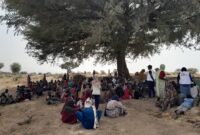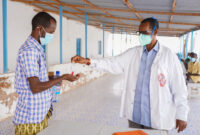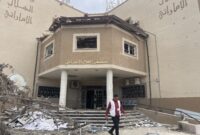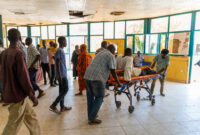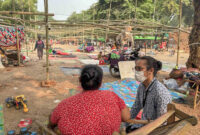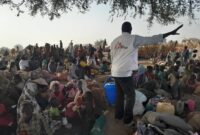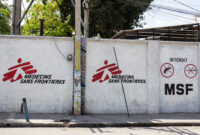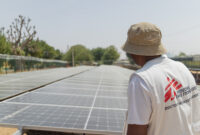Nigeria: Harnessing solar power improves care in northern hospitals
MSF switches to solar, ensuring stable electricity for critical medical procedures
To improve patients’ healthcare in northern Nigeria, Doctors Without Borders/Médecins Sans Frontières (MSF) is embracing solar energy to power the hospitals we support, facilities which have historically depended on expensive fuel-intensive generators. By moving to renewable energy, communities in the region now have better, more sustainable access to critical medical devices, medication and infrastructure.
Moments before the switch, many staff at Zurmi hospital held their breath, worried about how the change in power would affect medical operations.
“We have people on oxygen tanks,” says an MSF staff member, reminding the engineers about what was at stake.
Very quickly, those fears turned to relief, as the transition went smoothly and the power remained stable throughout the day and into the following days.
“Before, it was extremely challenging,” says Israel Mushore, the energy manager who worked on the project for five months. “Patients would be taken into surgery and there was always the risk of a power cut in the middle of the procedure. Now, with solar power, we have a stable and reliable energy source.”
“I cannot overstate how the switch to solar panels has improved our ability to respond to malnutrition and pediatric emergencies by being able to better store vaccines and expand our outreach.”
Abdullahi Mohamed Ali, MSF country director in Nigeria
For years, Zurmi general hospital had been cut off from the national grid. Instead, it had to rely on generators that consumed more than 3,000 gallons of fuel each month to power the medical facilities. The system led to frequent and frustrating power disruptions.
Since installing 436 solar panels this year, the 250-kilowatt solar power system has consistently kept medical devices running, medications refrigerated and enabled emergency surgical procedures. A battery backup system also ensures hospital operations continue smoothly at night and during extended periods of cloud coverage. Patients in the hospital, including in maternity care, the neonatal intensive care unit and the cholera unit, have received improved healthcare.
“I cannot overstate how the switch to solar panels has improved our ability to respond to malnutrition and pediatric emergencies by being able to better store vaccines and expand our outreach,” says Abdullahi Mohamed Ali, MSF country director in Nigeria.
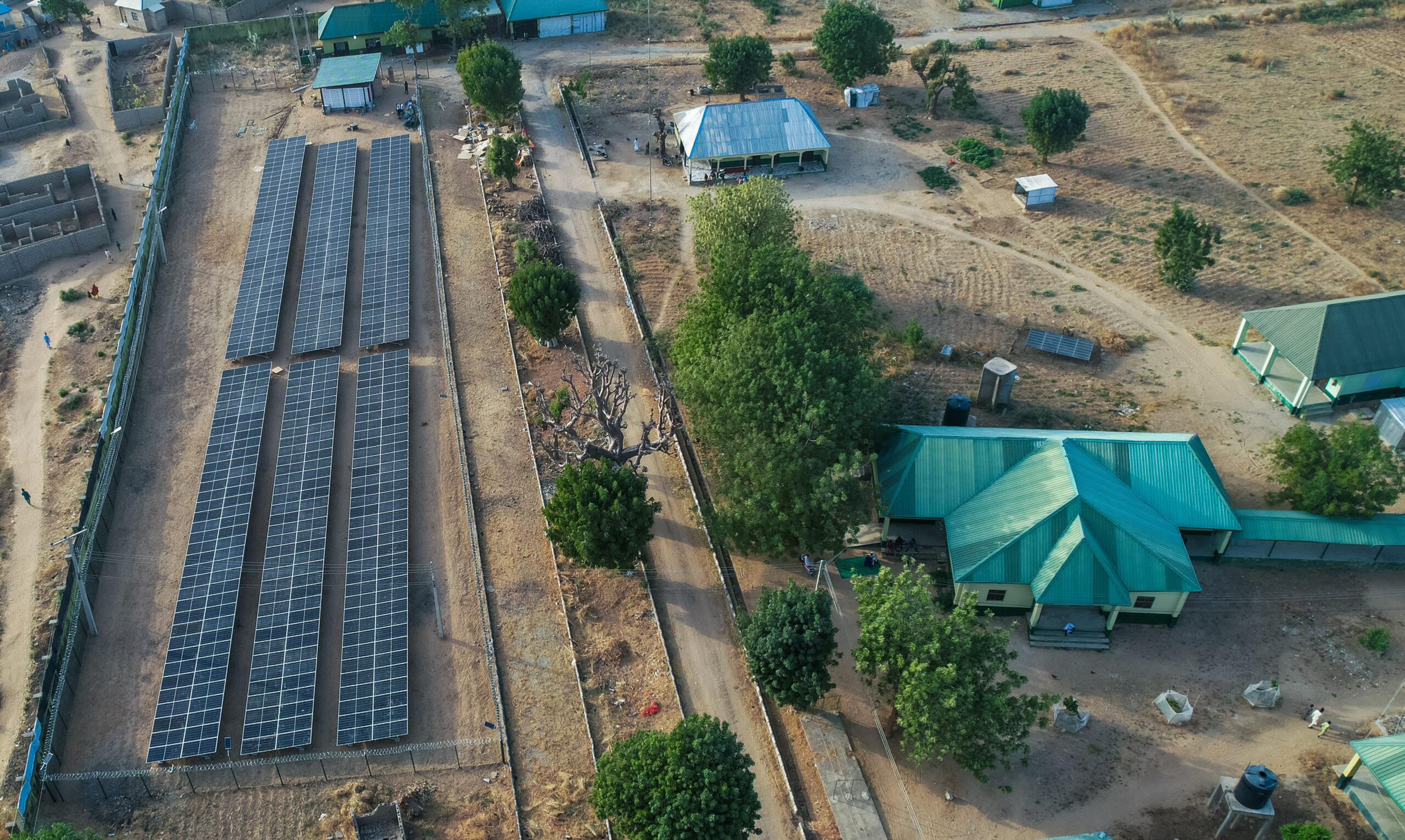
At the same time, the introduction of renewable energy has strengthened the hospital’s ability to provide consistent, quality care over the long term. By changing the infrastructure of what needs to be sourced, transported, stored and paid for, the hospital is now better equipped to deliver more reliable and uninterrupted care.
And, because it is a cleaner energy source, it has a smaller environmental footprint, reducing its contribution to the climate crisis that is already impacting the people MSF works with and assists.
Climate change affects patients’ health
Climate-related events, such as droughts and floods, are severely impacting agricultural productivity, disrupting access to land for livestock herders and farmers and sparking competition over resources. This is fuelling violence and displacement, leading to food insecurity and malnutrition across the region.
“From the rising frequency of extreme weather events to violent land disputes stemming from drought-ravaged farmlands that have diminished crop yields, the connection between climate and health is stark.”
Abdullahi Mohamed Ali, MSF country director in Nigeria
Over the years, MSF teams in the eight northern states of Nigeria where MSF operates – including Zamfara state, where Zurmi hospital is located – have recorded a concerning rise in the number of severely malnourished children with life-threatening complications. In 2024, MSF treated over 300,000 children – an alarming 25 per cent increase from 2023. Over 75,000 of these children required inpatient care. This year, in anticipation of an even higher number of patients suffering from malnutrition, MSF is in the process of increasing bed capacity in some of our hospitals.
MSF teams have also observed how years of changing weather – including warmer temperatures and shifting rainfall – have enabled mosquitoes to breed more rapidly and thrive in new areas, increasing Nigerians’ exposure to malaria. According to 2023 numbers – the most recent data available from the World Health Organization – Nigeria accounted for 26 per cent of the global 263 million cases, with a significant surge of an estimated 6.8 million more cases from 2018 to 2023.
“Every day, we witness how climate factors influence the health of communities around the world,” says Mohamed Ali. “From the rising frequency of extreme weather events to violent land disputes stemming from drought-ravaged farmlands that have diminished crop yields, the connection between climate and health is stark.”
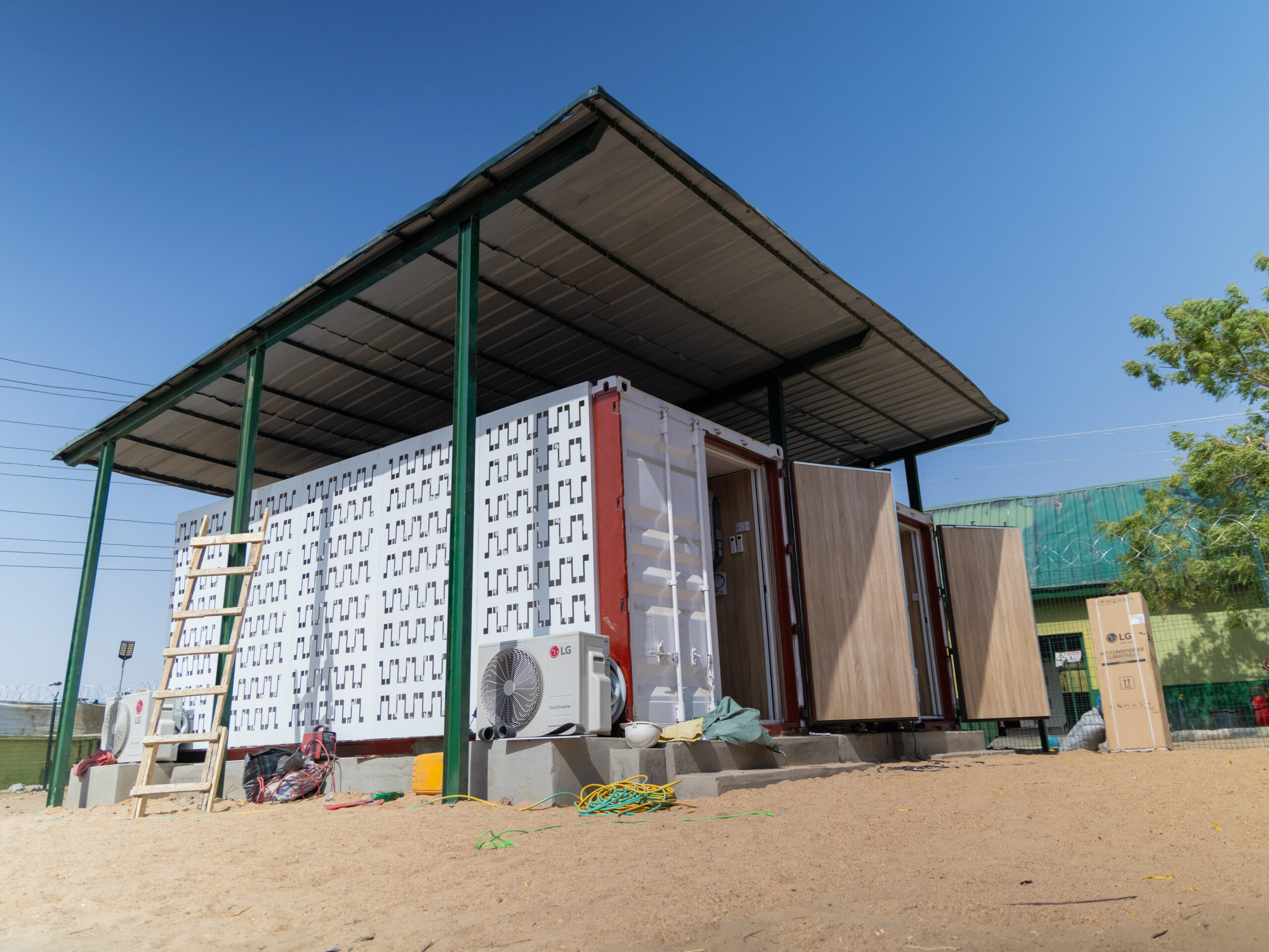
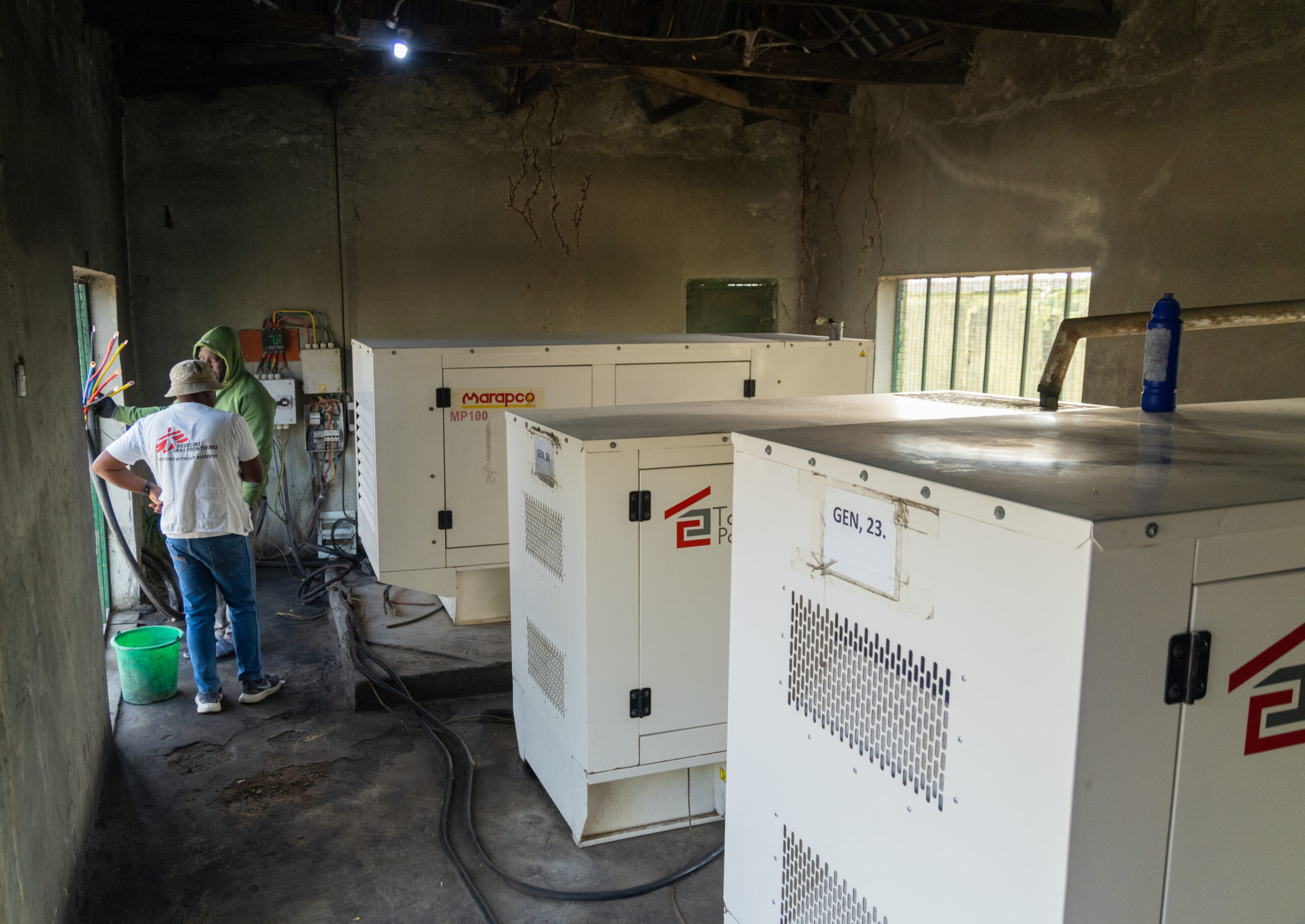
Doing more to mitigate climate change
In addition to the consistency of using solar energy, transitioning to renewable energy has meant that MSF can better respond to patients’ needs. By spending less money and time to source and transport costly fuel to keep generators going – especially in remote areas – MSF has been able to devote more resources toward other necessary costs to keep our hospitals running and accessible to patients. Already, MSF is starting to see this through our other solar panel installations in Zamfara State – Talata Mafara and Gummi – and in the states of Borno, Jigawa, Katsina, Bauchi, Kano and Sokoto.
“While there are still other steps to be taken to reduce MSF’s overall environmental impact, switching to solar power is part of our work to create a more sustainable solution that will benefit patients and the communities,” says Mohamed Ali.
